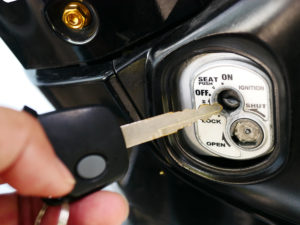When you are convicted of a DUI and required to install an ignition interlock device, what happens if you do not own a vehicle? Believe it or not, the answer may not be as simple as you think. Read on to find out how complicated this can be and then contact an experienced criminal defense attorney who can help you fight these and other DUI-related penalties.
You Will Need to File an Exemption
If the court requires that you install an IID and you do not have a vehicle, then you will need to file for an exemption via a declaration of non-ownership. There are strict requirements to meet this – and if you do not meet just one of them, then the court may not approve it. You will then have to install an IID either in your vehicle or some vehicle you have access to. Refusing to do so can result in a DUI probation violation.
Understanding Declarations of Non-Ownership
Declarations of non-ownership are legal documents that are filed in court. The form will state that you neither own nor have access to a vehicle. This should make you exempt from the IID requirement and the form requires you to confirm that you know you are not allowed to drive a vehicle without an IID. This is just a single-page form that outlines the rules.
There are actually two reasons a person can get an IID requirement exemption: If they are not residents of California or they neither own nor have access to a vehicle. Either way, the driver is the one who must prove their case.
The Court is Strict About the Definition of Non-Ownership and Non-Access
California courts are very strict about what it means to not own or have access to a vehicle. If a person owns a car that does not run, then the declaration will not be approved. If you own any vehicle at all, and you are ordered by the court to install an IID, then you have to install it.
Likewise, they are strict about non-access. If you have someone living at your residence who has a vehicle then the court may require that you have an IID installed in it, whether the person is a spouse or family member. If there is a vehicle registered at your residence, then the court may deny your exemption. That said, if you can prove that you do not have keys or access to it, then the court may be persuaded.
If You Buy a Car You Will Need to Install an IID
If you are approved for your exemption and buy a car in the future, if you are still on probation then you will have to install the IID. This is true even if you are in a situation in which you have gained access to a vehicle that you do not own. Due to the complexity of these situations, we recommend working with an attorney for all DUI related issues.


